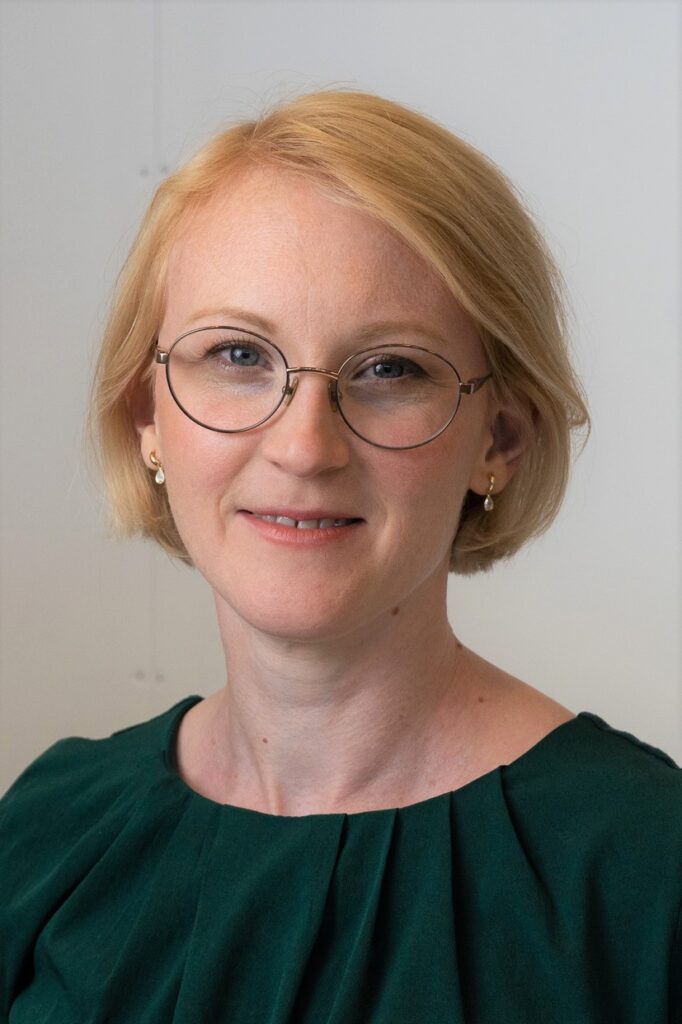October 2022
To know the project and activities better, we present a series of interviews with our project partners in which they will provide insights in their personal motivations and their experiences and tasks in the project.
What was your original motivation to become a researcher?
I had a strong interest in technology growing up and chose to study chemical engineering at Uppsala University with the aim to work within industry after graduation. However, partly due to the recession in 2009, I ended up doing a PhD instead. Today I’m really glad I did, since it definitely has opened many doors to working within research and development.
What is your research area today?
I’m a research engineer at Altris AB, a Swedish start-up with approximately 20 employees that manufactures and develops a cathode material for sodium-ion batteries. I’m mainly involved in, grant applications, collaboration projects, R&D work, chemical compliance and quality assurance.
What do you like the best about your work?
What I do like most is the variation of tasks, working within R&D is versatile in itself, but doing R&D within a start-up increases the variation even further.
How did you get involved in SIMBA and what is your main task/activity?
Altris main task within the project is to further develop our production process to reduce cost and increase performance, and also supply the other partners with our cathode material.
Why is your company ideal for the research/activities in SIMBA?
The SIMBA project aims to develop cost-effective and safe sodium-ion batteries for stationary energy storage applications. Altris’ cathode material fits perfect, since it is made from abundant materials, has an energy-efficient production method and high safety.
What impact do you think the SIMBA technology will have?
The SIMBA project stretches from development of the individual materials of a battery, to the recycling of the used battery. Due to the project span, a large variety of impacts are possible, both by individual partners and through the collaboration of the SIMBA partners.
